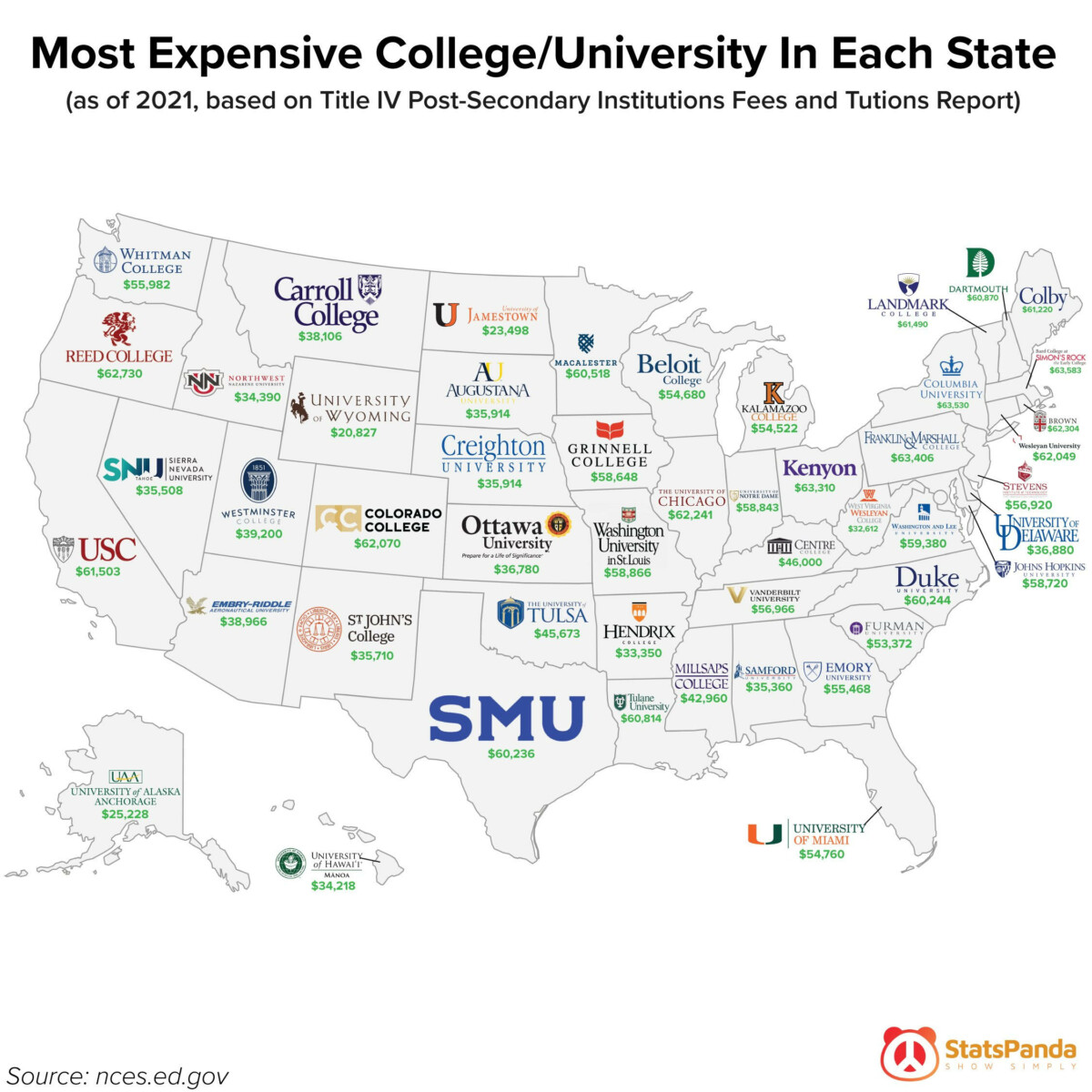Avert your eyes! My Sunday morning look at incompetency, corruption and policy failures:
• The Trump Tapes: 20 interviews that show why he is an unparalleled danger: In more than 50 years of reporting, I have never disclosed the raw interviews or full transcripts of my work. But after listening again to the 20 interviews I conducted with President Donald Trump during his last year as chief executive, I have decided to take the unusual step of releasing them. I was struck by how Trump pounded in my ears in a way the printed page cannot capture. In their totality, these interviews offer an unvarnished portrait of Trump. You hear Trump in his own words, in his own voice, during one of the most consequential years in American history: amid Trump’s first impeachment, the coronavirus pandemic and large racial justice protests. (Washington Post)
• White-Collar War Crimes and For-Profit Famines: What should be called ‘white-collar crimes’ could kill more people than combat itself in the Russia-Ukraine war. (Current Affairs)
• COVID-19 Origins: Investigating a “Complex and Grave Situation” Inside a Wuhan Lab: The Wuhan lab at the center of suspicions about the pandemic’s onset was far more troubled than known, documents unearthed by a Senate team reveal. Tracing the evidence, Vanity Fair and ProPublica give the clearest view yet of a biocomplex in crisis. (ProPublica)
• The Most Lawless County in Texas: Suzanne Wooten did the impossible and became the first candidate to defeat a sitting judge in Collin County. What followed is the unbelievable, epic tale of the craziest case in the history of jurisprudence. (D Magazine)
• Behind TikTok’s boom: A legion of traumatised, $10-a-day content moderators: Horrific videos such as these are part and parcel of everyday work for TikTok moderators in Colombia. They told the Bureau of Investigative Journalism about widespread occupational trauma and inadequate psychological support, demanding or impossible performance targets, punitive salary deductions and extensive surveillance. Their attempts to unionise to secure better conditions have been opposed repeatedly. (Bureau of Investigative Journalism)
• “What happens when you put ideologues in charge of a university” In the United States, tenure has long served as a safeguard for academic freedom. Tenure prevents professors from being fired for discussing controversial ideas. And it’s the tenure system that insulates faculty from undue influence by university donors, administrators, and politicians. That’s exactly why tenure has become a frequent target of right-wing lawmakers and pundits. (Popular Information)
• On the Alex Jones Verdict: The Very, Very Lucrative World of Lying: How should we grapple with the current historic transformation of the public sphere? I focus on the Alex Jones trial and verdict, but my question is about the future: what can we do, what should we do, to prevent future cases? I suggest that we take a closer look at money as an incentive, and also focus on friction as an answer. (The Insight)
• How the right wing’s delusions went from ‘not normal’ to ‘dangerous’ Draper posits that the 18-month period covered in his book represents the pivot point between “this is not normal” and “this is dangerous and not going away.” The Republican Party “plunged deeper into a Trumpian cult of compulsive dissembling and conspiracy mongering,” he writes. “It fell hostage to the party’s most fevered extremists,” and “the usual partisan differences gave way to an existential call to arms.” (Washington Post)
• In Russia’s war against Ukraine, are ‘a coup or a nuke’ the only endgames left? Eight months into the war, both sides have lost any incentive to negotiate. That’s a dangerous place to be. (Grid)
• How Bolsonaro Built the Myth of Stolen Elections in Brazil. For years, President Jair Bolsonaro has attacked Brazil’s election systems. One of his claims has been that apparent patterns in vote results show proof of fraud.He has repeatedly said that election officials count votes in secret, suggesting they could manipulate results.And he has said that he suspects hackers tried to steal the presidential election from him in 2018, but failed. (New York Times)
Be sure to check out our Masters in Business interview this weekend with The Jeremies! Professor Jeremy Siegel of Wharton, and Jeremy Schwartz, Chief Investment Officer at the $75 billion Wisdom Tree Asset Management. Siegel is the author of Stocks For The Long Run; Schwartz is his research partner/editor. The two discuss the sixth edition of SFTLR, the latest and most widely expanded edition of the investment classic.
The most expensive college in each U.S. state

Source: @pkedrosky
Sign up for our reads-only mailing list here.
~~~
To learn how these reads are assembled each day, please see this.

